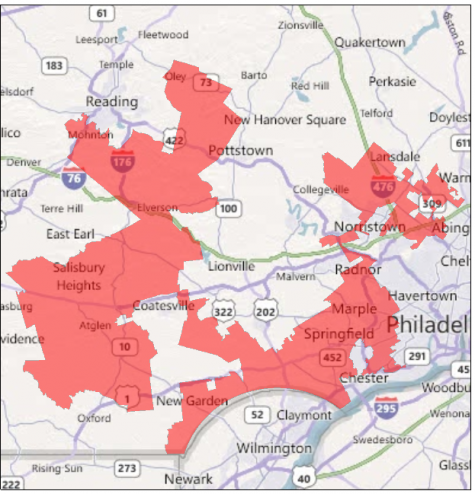Keith Tanner wrote: I understand how it works in terms of individual candidates - in most states, anyhow. Sounds like it would be a pain in GA and LA. But what happens when Congress consists of 45% Party A, 35% Party B and 20% Party C? It happens outside the US, and it's a fairly stable situtation - the third party does not necessarily get absorbed. I know it's not going to happen in 2016, I'm discussing the mechanisms here.
They'd have to build a coalition, just like in parliamentary countries. It's just almost impossible to achieve that in the U.S. the way the system is set up. What's more likely to happen is: a party fractures on ideological lines, the existing party that doesn't fracture gets the presidency and sweeps the congressional races by like 70%. Halves of the fractured party struggle to split the 30% of seats they're able to take. The party that didn't fracture pushes its agenda through unimpeded until one of the two factions from the fractured party emerges as the stronger and is able to provide leadership to challenge the party that remained whole.













 PA congressional district 7 highlighted in red.
PA congressional district 7 highlighted in red. 

























